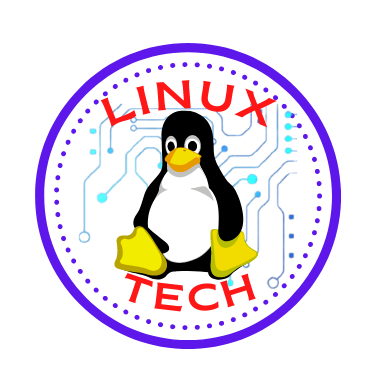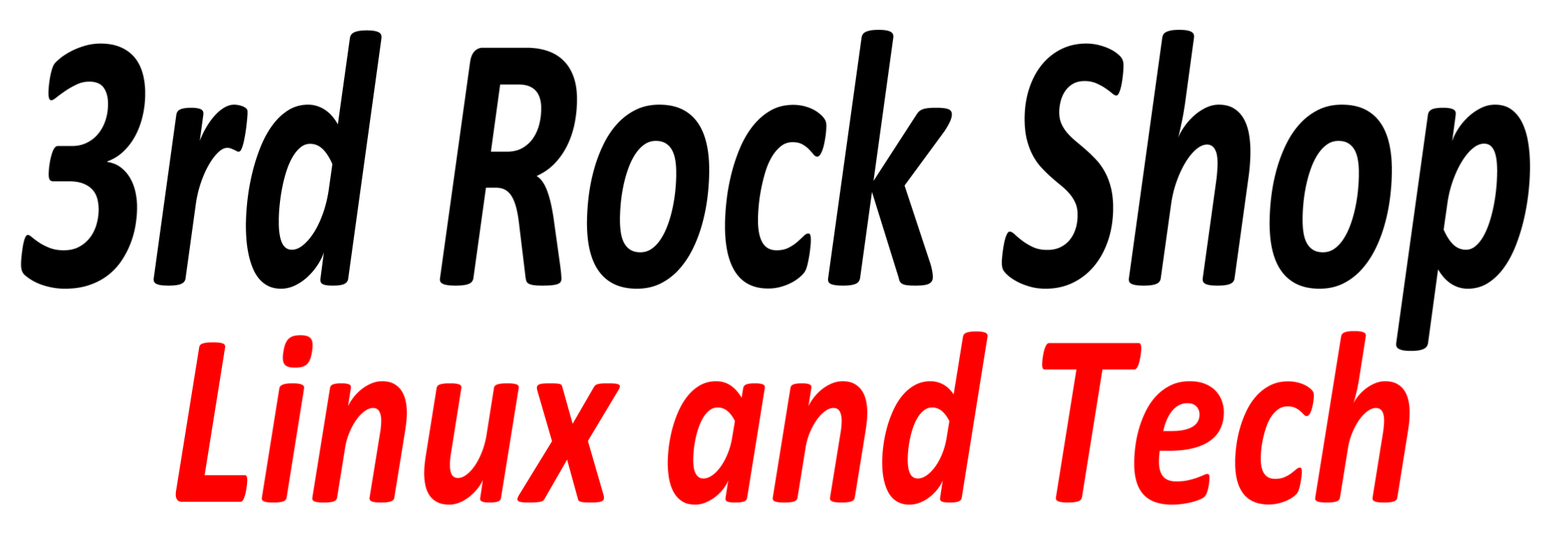The Impact on the Server and Enterprise Market: Linux Dominates Data Centers
3 min readThe influence of Linux on the server and enterprise market has been nothing short of transformative. Since its inception, Linux has grown to become the dominant operating system powering servers and data centers worldwide. Its success in this domain can be attributed to several key factors that have made it the preferred choice for businesses and organizations of all sizes.
Cost-Effectiveness: One of the primary reasons for Linux’s widespread adoption in the server and enterprise market is its cost-effectiveness. Unlike proprietary operating systems that come with substantial licensing fees and ongoing costs, Linux is open-source and freely available. This cost advantage allows businesses to allocate their IT budgets more efficiently, as they can invest resources in other critical areas without compromising on the quality and performance of the operating system.
Stability and Reliability: Linux has earned a reputation for its stability and reliability. The modular and efficient design of the Linux kernel ensures that it can run for long periods without requiring frequent reboots or maintenance. This level of dependability is particularly crucial for mission-critical applications and services in enterprise environments.
Security: The open-source nature of Linux has also contributed to its strong security posture. With thousands of developers actively examining the source code, vulnerabilities are quickly identified and patched. Additionally, the extensive availability of security tools and best practices within the Linux ecosystem ensures that enterprises can implement robust security measures to protect their data and systems.
Scalability and Performance: Linux’s scalability allows it to handle diverse workloads, from small-scale web servers to massive cloud data centers. The ability to scale both vertically (adding more resources to a single server) and horizontally (adding more servers to distribute the load) makes it an ideal choice for enterprises with evolving demands.
Compatibility with Virtualization and Cloud Technologies: Linux’s flexibility and support for virtualization and cloud technologies have made it a cornerstone of the modern cloud computing era. Many cloud service providers and virtualization platforms heavily rely on Linux as the foundation for their services. This seamless compatibility ensures smooth integration of enterprise applications and services into cloud environments.
Wide Range of Applications and Services: Linux’s rich ecosystem of software and services offers enterprises a vast selection of applications, tools, and frameworks to cater to their specific needs. From web servers (e.g., Apache and Nginx) to databases (e.g., MySQL and PostgreSQL) and container orchestration (e.g., Kubernetes), Linux boasts a comprehensive portfolio of solutions for any business requirement.
Long-Term Support (LTS) Versions: Several Linux distributions offer Long-Term Support (LTS) releases, ensuring extended support and maintenance for a fixed period. This stability and predictability are essential for enterprises that require a stable platform to build their infrastructure and applications.
As a testament to Linux’s dominance in the server and enterprise market, it powers some of the world’s largest data centers, cloud services, and internet infrastructure. Major companies, including Google, Facebook, Amazon, and Microsoft, heavily rely on Linux to drive their operations.
Linux’s impact on the server and enterprise market has been a game-changer. Its cost-effectiveness, stability, security, scalability, and compatibility with modern technologies have made it the preferred operating system for businesses and organizations worldwide. As enterprises continue to embrace digital transformation and adopt cloud-native architectures, Linux’s role as the backbone of the data center and cloud infrastructure is set to become even more pronounced. With its continuous development and open-source spirit, Linux remains at the forefront of innovation and is poised to shape the future of enterprise computing for years to come.

